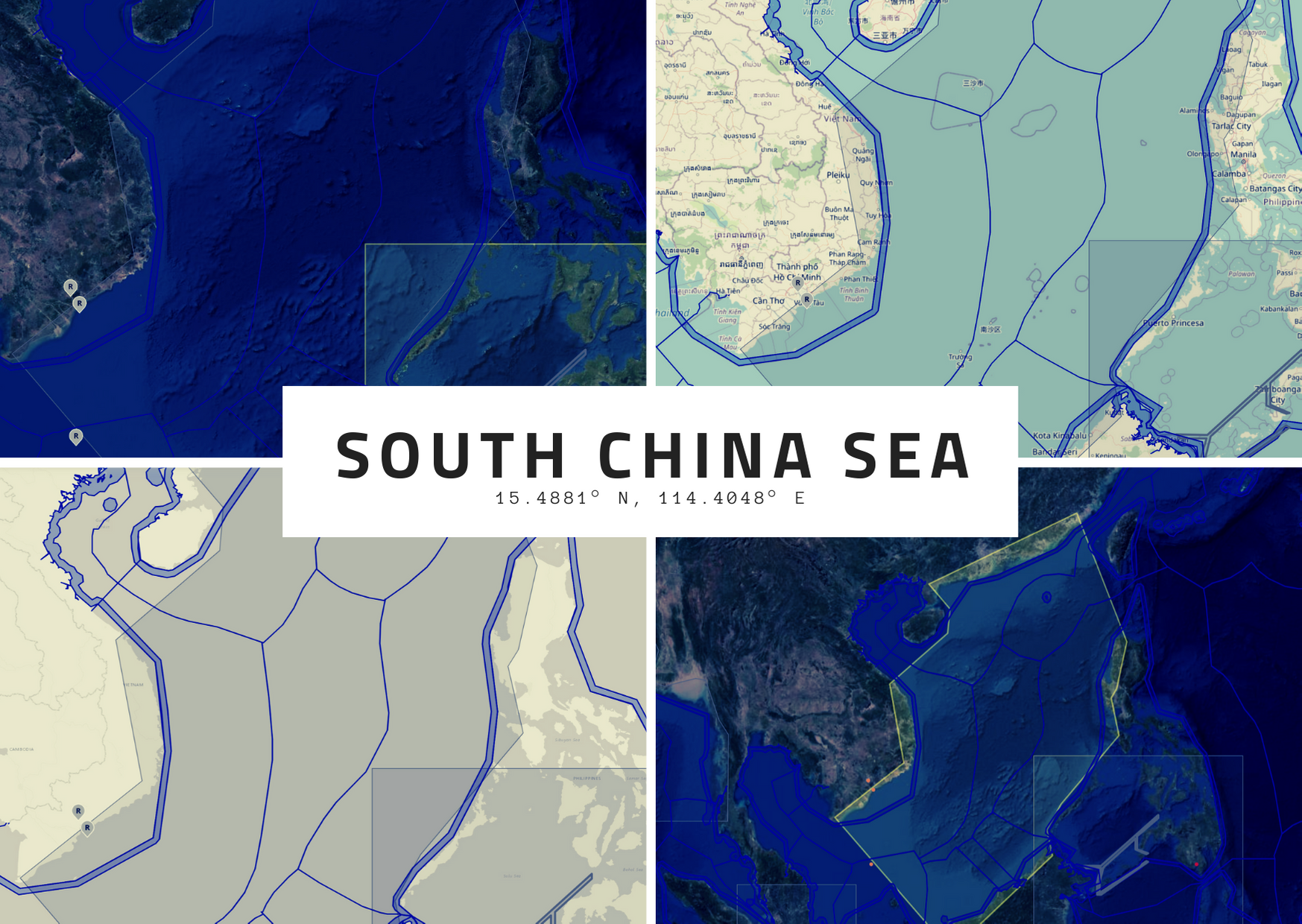Indonesia’s Asean role means hope for South China Sea code, but no deal expected this year.
- Seen as a neutral leader within region, the country has brokered solutions to several conflicts, from Cambodian war to Vietnam maritime borders
- However, differences over scope of rules make agreement ‘highly unlikely’ during Jakarta’s time at helm of Southeast Asian bloc, observer says
As the new Asean chair, Indonesia could push forward negotiations for a long-awaited code of conduct in the South China Sea, but there is little hope for a quick conclusion as disputes between China and rival claimants in Southeast Asia remain unresolved, regional observers say.
After wrapping up its G20 presidency last year, Indonesia has taken over as this year’s chair of the 10-member Association of Southeast Asian Nations (Asean), replacing Cambodia.

Indonesian Foreign Minister Retno Marsudi hosted her Southeast Asian counterparts for the Asean Foreign Ministers’ Retreat in Jakarta from Thursday through Saturday. According to Indonesia’s foreign ministry, the agenda included discussion of Indonesia’s priorities for its chairmanship.
Southeast Asian nations welcome the greater involvement of the United States and China in the region to ensure that one does not become too dominant, according to a Tsinghua University report.
The report released by the university’s Centre for International Security and Strategy on Friday said member states of the Association of Southeast Asian Nations are seeing enhanced participation of the US economically and militarily, but that will not lessen their cooperation with China.
The United States has deepened its engagement with Asean under Joe Biden’s presidency. On Friday, Jose Manuel Romualdez, the Philippine ambassador to the US, said Manila and Washington are considering talks between top diplomatic and defence officials over potential flashpoints such as the South China Sea and Taiwan.
Read this article in full via its source: South China Morning Post





